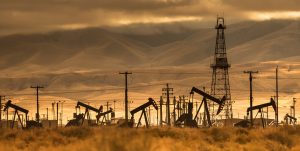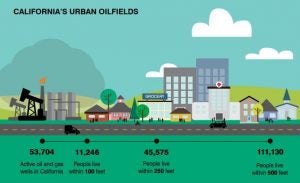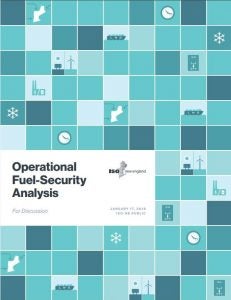It’s long been known that methane is a major contributor to global warming, responsible for roughly a quarter of the warming we’re experiencing today and second only to carbon dioxide in its impact on the current climate.
But research suggests methane has an even more potent warming effect on the climate than scientists previously thought.
For example, a study in Geophysical Research Letters significantly revises estimates of the energy trapped by methane by including its previously-neglected absorption of near-infrared radiation (past research included only infrared absorption—a different part of the radiation spectrum).













